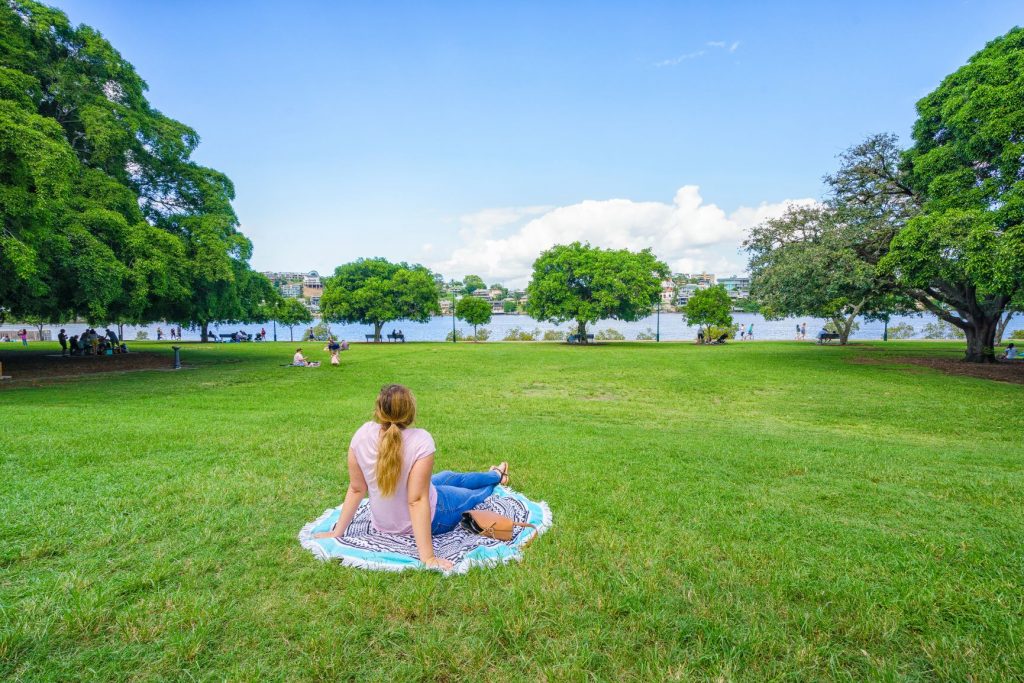Astrolabe director Michael Comninos was featured in yesterday’s Sunday Telegraph (28 June 2020), commenting on the importance of increasing public access to green space in our cities. Michael raised the point that if green spaces were considered an infrastructure asset, asset management approaches such as utilisation and non-build (or non-buy) solutions would be considered when considering solutions to meet the challenges of our cities and suburbs.
Golf courses – expensive to maintain underutilised urban green space
Public golf courses are large patches of well-maintained green space in our cities that are currently used by only a small segment of the population. Using survey data on sports participation, Astrolabe estimate that there’s only 178,200 golf players in Greater Sydney – with interesting age breakdowns (highest among oldest people), gender differences (men dominate) and one in four only playing 1-11 times a year. This presents two immediate challenges, the first, a small and declining member base being asked to pay fees to pay for grounds and building maintenance – fees will have to go up to meet this challenge. The second, the ratio of the golf to non-golf community is the biggest it has ever been, with the non-golfing community wanting open space investments for recreation.
As Michael suggests in the article, rather than buying more land, government, on behalf of the community, could offer money to golf clubs in exchange for them increasing access. Opening these existing spaces will enable cost effective creation of green space in built-up suburbs and enhance community enjoyment of their local neighbourhood.
Not all community recreation needs can be delivered through this initiative. It is unlikely that courses could be reconfigured to support uses that require playing fields, however linear walking/cycling paths, trails and indoor facilities may present as modest complementary uses.

Image source: Sunday Telegraph, 28 June 2020, p. 34.
Enhancing the importance of urban green space
It is rare that open spaces are treated as an infrastructure class. This is because their management is highly fragmented between Councils, state government, and legacy arrangements with other organisations. While everyone is doing their best, without a whole of system approach to management it is difficult to provide maximum benefit for the community.
COVID-19 disruption has brought the importance of quality public spaces in our neighbourhoods into stark relief. The time is now to ask questions of how open spaces are used and managed – what they need to do to be fit for purpose now, and their role in the future of urban living.
We need a contest of ideas to reimagine how we use our assets for Sydney’s next stage of growth – to maintain our world class liveability, open space must be part of the conversation.
The full article can be read on the Daily Telegraph’s website.
Michael Comninos is Astrolabe’s founder and director. He has over fifteen years of experience developing and implementing strategy, policy and regulatory reform in planning and infrastructure.
